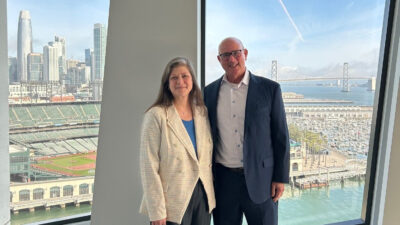Council Takes Positions Against Exclusionary Zoning
With mounting tensions in Sacramento as Capitol politics continue to block important statewide housing production bills from crossing the legislative finish line, the Bay Area Council is endorsing two consequential measures on exclusionary zoning at the local level. In Alameda, an antiquated, short-sighted exclusionary zoning law called Article 26, prohibiting multifamily development, has severely constricted the city’s ability to make housing more affordable, accessible and inclusive. This has hurt city’s ability to attract families, young professionals, and essential workers because it is illegal to build housing that fits their needs. Measure Z will repeal Article 26, and is a necessary step to comply with state law, create environmentally sustainable housing, and counter systematic inequality.
Read more about Yes on Measure Z>>
Likewise, in San Mateo, we’re opposing the extension of a decades-old exclusionary zoning housing policy that’s been doing harm since 1991. It imposes a height and density rule of 55 feet tall and 50 dwelling units per acre on every parcel in San Mateo, including the transit-oriented districts adjacent to the three Caltrain stations.
Read more about No on Measure Y>>
The positions were developed by the Bay Area Council’s Housing Committee – led by Bay Chairs Mary Murphy, Partner, Gibson, Dunn & Crutcher LLP, and Dave Hopkins, Chief Operating Officer, Sares Regis Group of Northern California – and endorsed by the Executive Committee.
If you would like more information or to get involved in our housing policy work, please contact Bay Area Council Senior Vice President of Public Policy Matt Regan>>





